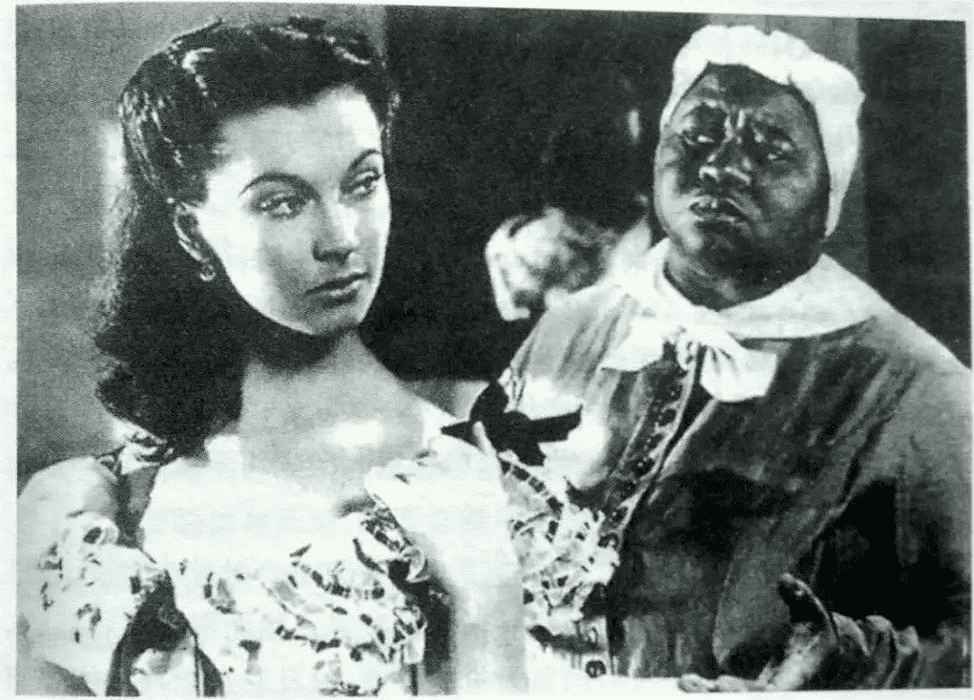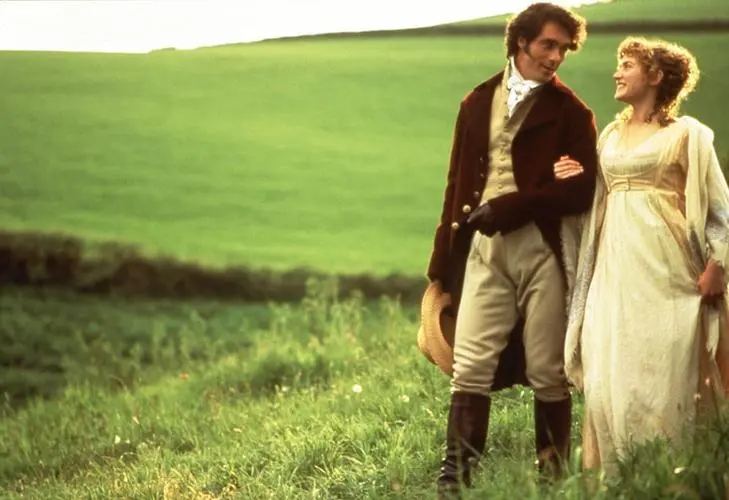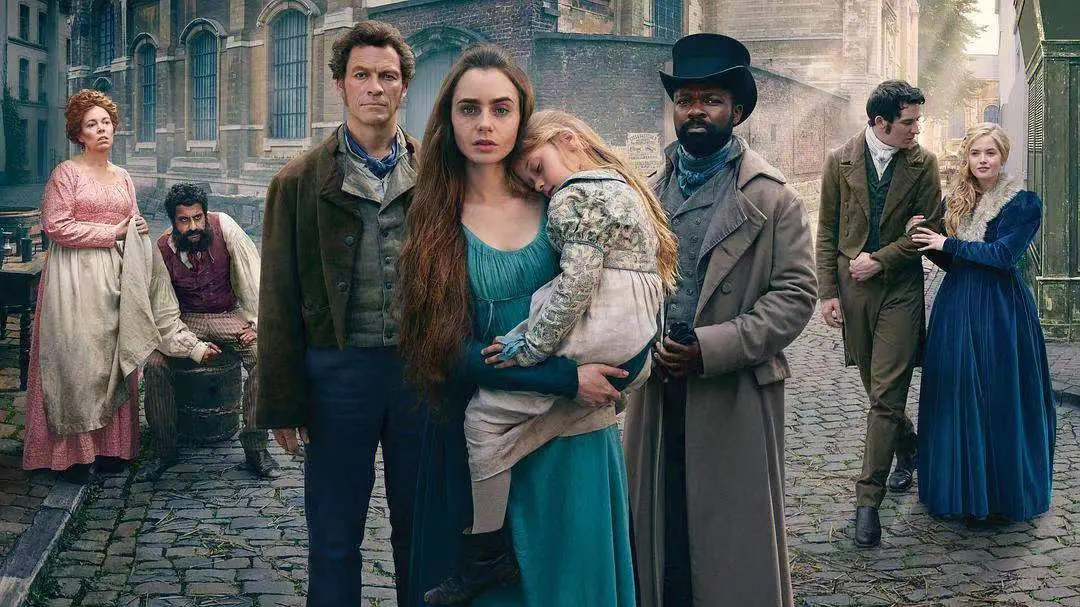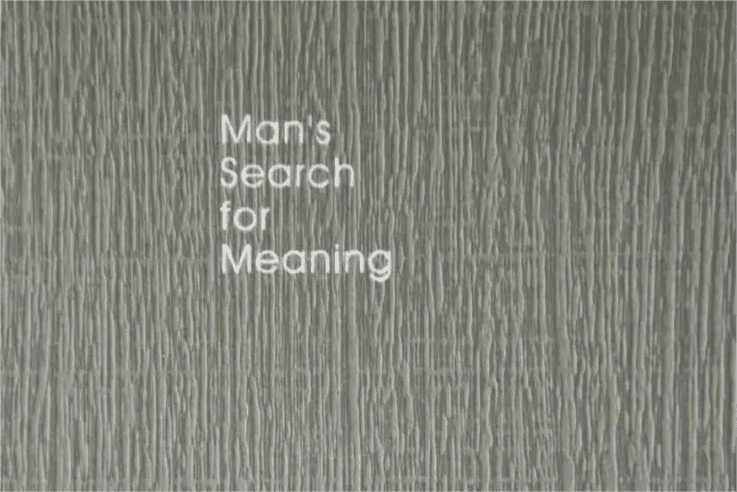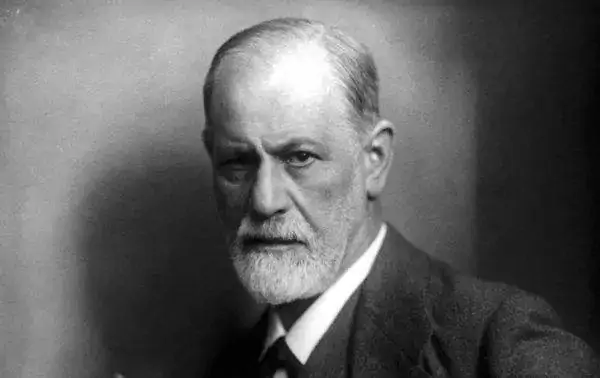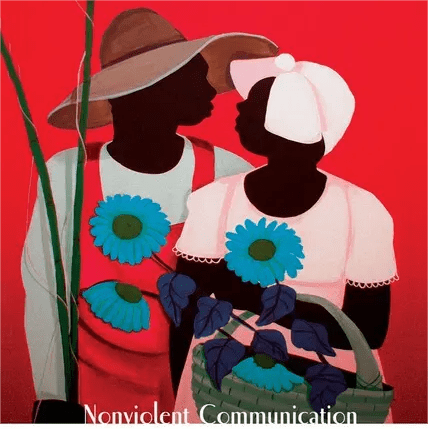American writer Margaret Mitchell’s novel “Gone with the wind”, originally known as: literally “gone with the wind”, meaning “gone with the wind”. Although the version of “Gone with the Wind” is concise and comprehensive, for readers who are not familiar with this work, it is inevitable that they will have doubts about the content of the story after just reading the title. That’s what I did until the end of the story.
Every great work is almost always backed by a grand social background. Or, the reason why a great work is often able to present a complete historical picture to readers while narrating a dramatic plot and portraying distinct characters. This is true of Mitchell’s Gone With the Wind.
The setting of this story is the epochal Civil War in American history. In 1861, the American Civil War broke out and lasted five years until 1865. This familiar historical event ended with the surrender of the Confederacy. The outcome is popular and historical.
However, in Gone with the Wind, Mitchell clearly expressed recognition, praise and sympathy for the southern serf owners. Although somewhat paranoid and biased, it allowed us to understand that society from another level, as well as the different groups living in that society, black and white. A servant or master; Slaves, farmers…
Anyway, it’s a great piece of work. Today I do not wish to judge the rights and wrongs of “the struggle between slavery and free labor,” for it has already been established in an unquestionable public opinion. I only like to talk about the work itself, especially the soul of the work — the characters and their ups and downs. So, in the face of this huge, great work, today, let’s start with the characters in the story.
Scarlett, the heroine of the story, is a young, beautiful, independent, opinionated, scheming, selfish, strong and great girl who does not yield easily to fate. Yes, Scarlett is a vivid and well-rounded figure here, a figure unique in that she is different from so many characters who are defined by good and evil.
Perhaps this is what makes her look full, real, flesh-and-blood, closer to real life. Before the war, Scarlett lived in luxury. Her main focus was romance with boys, endless parties, luxury and romance. Her father, a self-made man, was a respected and successful farmer in the South. Scarlett, on the other hand, the author never gives her a perfect image from the very beginning. She always likes to play tricks to lure countless young men around her, and she can sweeten the words to any suitor so that he can continue to surround her and accompany her through happy and satisfied hours.
I think, from this point, Mitchell is revealed too many girls did not reveal the real wish. It is because of its disgrace that people deliberately conceal it.
In short, Scarlett was happy and contented at first, until the war. The war had destroyed everything. She had lost her companions, her relatives, and, at the same time, their luxurious and stable life. The war had even uprooted the solid foundation of her whole class. What Scarlett had lost was the whole world, the world that had kept her safe and secure. The title “Gone with the Wind” came from her mouth.
In the loss, in the flight, in the fear, in the hunger, Scarlett changed and grew, slowly from the carefree little girl to the head of the whole family. Yes, she became more money-oriented and more selfish, especially during the Reconstruction period after the Civil War, when Scarlett became money-oriented. And yet, somehow, we always seem to be able to sympathize or approve of her to some degree.
When faced with a great difficulty, when faced with a blow that she could not bear or cope with, Scarlett’s most common method was to put it off until tomorrow. “I won’t think about it now,” “I’ll think about it tomorrow,” she would say to herself, whether it was the first loss of her mother, the later death of Melanie, the last departure of Rhett. “Tomorrow is a new day,” “Tomorrow will help.” With these words, Scarlett had endured many trials and many losses.
During the period of war and reconstruction, social unrest and people’s lives were in flux. Twice Scarlett had left Tara for Atlanta and twice from Atlanta back to Tara. No matter how difficult it was, how turbulent things were, Tara was the eternal refuge of her soul. When she finally realized that she had been in love not with ASHLEY but with Rhett, I thought the harbor of her heart was Rhett. But soon I realized I was wrong. For Scarlett, the harbor was Tara, Tara’s red earth, its vastness, its peace, its intolerance. All this was Scarlett’s most stable and comfortable refuge. All the others, even Rhett, who loved her, his passion for her would eventually be exhausted.
I know that many readers hope to see a bright future for Scarlett and Rhett in the continuation of Gone With the Wind, and so do I. But when we take a closer look at all this, and return to the society in which we live, the things we have experienced, the people we have met, it is not difficult to find that no one person can provide us with the sanctuary of our hearts forever, and that the only one who has always cared for us, if there is anything else, It could be the ground under our feet, or it could be something to calm us and cheer us up. This, to Scarlett, was Tara, the place where she had grown up.
Rhett, like Scarlett, seems to be the villain in the story. At first, he was the only person ostracized by Atlanta’s entire high society. Atlanta hated him because of his indifference to the Confederacy, his mockery of the war and his sideline attitude, and his speculation in the war and his cooperation with the Yankees for his commercial interests, which in addition to his own betrayals of the Confederacy.
However, in the process of the author shaping this character, we find a lot of bright spots on him, and these bright spots also to some extent contrast the pedantry and ridiculous of the public. Most obvious was the self-confident attitude of the Confederacy as a whole, which fought blindly, ignored the enemy because it could not see what was going on, and refused to accept the threat of defeat. And Captain Bartlett, in addition to disapproving of the war, foresaw the Confederacy’s defeat. But on the last night, when he saw Atlanta retreating and the terrible situation the South was getting into, he wanted to join in and fight for it. It is this that shows us that he is not entirely self-serving.
Compared with Scarlett’s obsession with money and endless possessiveness during reconstruction, Rhett is more sober. He controls his business wisely and has a keen eye for anyone. He was mean and selfish and not fake, but he never treated everyone the same way. His character was the most complex, especially with Scarlett, and with Melanie, with Mammy, with Scarlett’s son from a previous marriage, with the lower classes, there was a warm warmth beneath his cold, tough exterior.
In the end, he easily won Atlanta’s approval and friendship so that his daughter would not be as untenable in high society as Wade. It can be said that of all the things he set out to do, there was very little failure. Including his marriage to Scarlett. But his tragedy came later. When we read this story, we feel that he seems to be in control of everything from beginning to end. However, it is not until the end of the story that we can see his true love for Scarlett and the rough path of his heart and the suffering of his heart in his “pursuit” and in his marriage life with Scarlett.
He had said more than once that he and Scarlett were perfect for each other, and they were. Selfishness, decisiveness, knowing what they want and going to great lengths to get it are common traits. He knew Scarlett’s strengths and weaknesses best, loved her and insulted her at the same time, was reluctant to part with her and unwilling to condescension. It was his sneering and aloof way of treating her that made Scarlett never discover his true feelings and eventually they ended up losing each other in the battle between them.
In fact, there is a reason to say that they are well matched or poorly matched. Their similar personalities bring them together and drive them apart. We all know that couples with complementary personalities report higher levels of happiness. Because when one side sticks to its guns and refuses to compromise, the other side can deliberately lose. Nothing like that ever happened between Scarlett and Rhett. Neither of them is willing to compromise and reveal themselves until they see the other’s true heart, leaving themselves dangerously passive.
We may all hope that Rhett will accept Scarlett and her love in her repentance, but the author does not give us an answer. The author says that this is the “natural and logical end.” Of course, in the mind of each different reader will have their own different ideas of their ending, and I have changed the usual wish of happy reunion, but hope that each of them return to their own world to recuperate.
Finally, Rhett’s prodigal son returns to Charleston to reconcile with his family, and the author’s arrangement completes Rhett’s image. Perhaps, in the near future, he will answer Scarlett’s hopes and wishes, we do not know. Through their stories, what we can gain is not only about these things about love, but more thoughts and understandings will come to our minds in the future life.
Melanie, for Scarlett, is a special character in the story. At first she was Scarlett’s secret rival in love, then they became sister-in-law. In the light of this relationship, in which they almost always lived together throughout the story, and in Melanie’s eyes Scarlett was a kindred, benefactor and friend from beginning to end, we feel that she must have recognized Scarlett’s hatred, dislike and dissatisfaction with her. However, since the author had made her the embodiment of traditional morality, during the long and difficult years of living with Scarlett, She saw only Scarlett’s goodness, Scarlett’s pains and difficulties, and returned Scarlett’s unwavering kindness, trust, support and dependence. As a result, Scarlett gradually felt uneasy for her own intention and behavior, and finally realized that she and Melanie were interdependent relatives and sisters, and she was very sad for her departure.
Of course, there are tens of impressive characters in this epic book, which takes war as its background. It is a little thin to single out these characters, but the limited space is difficult to analyze them one by one. Therefore, today and the soul of these characters to a table after reading comprehension, although there is still a sense of not done, but also had to stop writing, leave for the future when there is an opportunity to continue.


